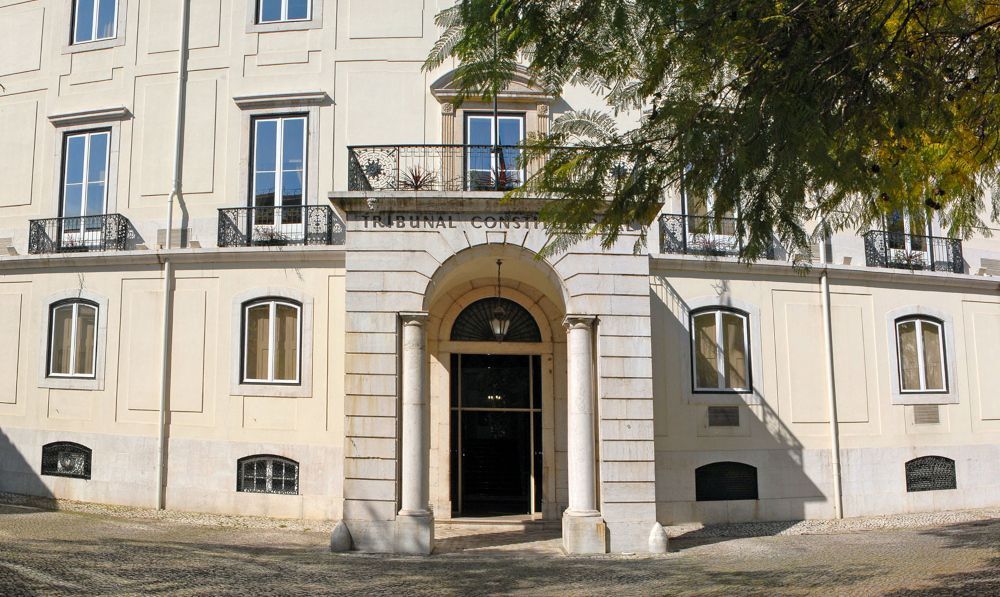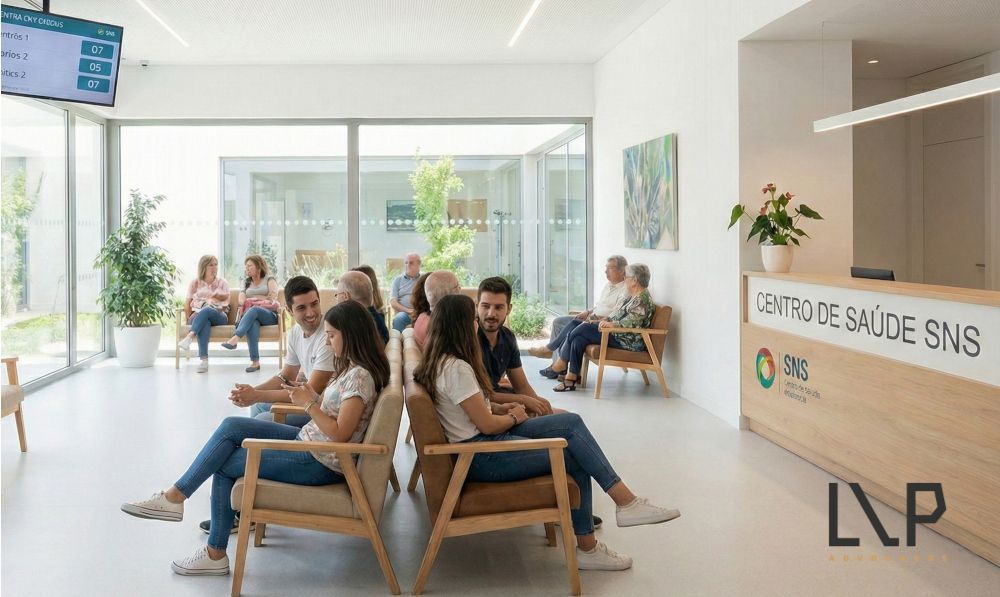Digital Mobile Key: Available for Foreign Residents in Portugal
The Digital Mobile Key is a highly secure means of authentication that enables access to a wide range of public and private services. This innovative technology is designed to provide all Portuguese citizens holding a Citizen Card, as well as foreign residents with a residence card, residency permit, or valid passport, with the same level of access and ease of use. With the Digital Mobile Key, users can quickly and efficiently access the services they need, making it a truly simple and convenient tool for all.
Foreign residents in Portugal who possess a foreign card, residence permit, or valid passport are granted the same access to the Digital Mobile Key as Portuguese citizens. This has been established by Ordinance No. 312-A/2022, dated 30th December, which recognizes these documents as valid forms of access to this secure authentication channel.
The Chave Móvel Digital (CMD), also known as the Digital Mobile Key, offers a convenient alternative means of authentication for Portuguese citizens. With CMD, citizens can access a range of public services, including Segurança Social Directa (Social Security Portal), Portal das Finanças (Tax Authority) and Portal do Sistema Nacional de Saúde (Public Healthcare System), as wells as private services and perform digital signatures, all from the comfort of their own devices. To be eligible for CMD, citizens must be 16 years or older and not subject to accompanying measures. The registration process can be completed either in person at a designated location or through the Portuguese Government Authentication Portal: Autenticação.Gov.
The Portuguese Government is actively promoting the adoption of the CMD as a secure and convenient means of authentication. This is achieved through a universal access approach and is in line with the objectives of both the Government Program and Simplex 2019 Program. The aim is to simplify authentication processes and make it easier for citizens to access services using their mobile devices. By encouraging the Portuguese population and those residing in Portugal to use the CMD, the Government aims to provide a seamless and efficient experience.
The Digital Mobile Key is a straightforward authentication system that links a citizen’s card to their email or mobile phone number, or a foreign resident’s passport number. After registration, the phone number or passport number serves as a login, and access is granted with a numerical pin. The Digital Mobile Key simplifies access to a variety of services, including Government portals, private hospitals, and banks, with the same pin for all services.
The Digital Mobile Key streamlines all types of operations, allowing citizens and companies to complete tasks electronically without having to visit offices or agencies in person. This includes scheduling appointments, renewing licenses, updating records, and even filing complaints. All of these tasks can be done from the convenience of a computer or mobile device.
Autenticação.Gov Portal has a complete list of services accessible through the Digital Mobile Key and you can also find further information on the CMD official webpage.










